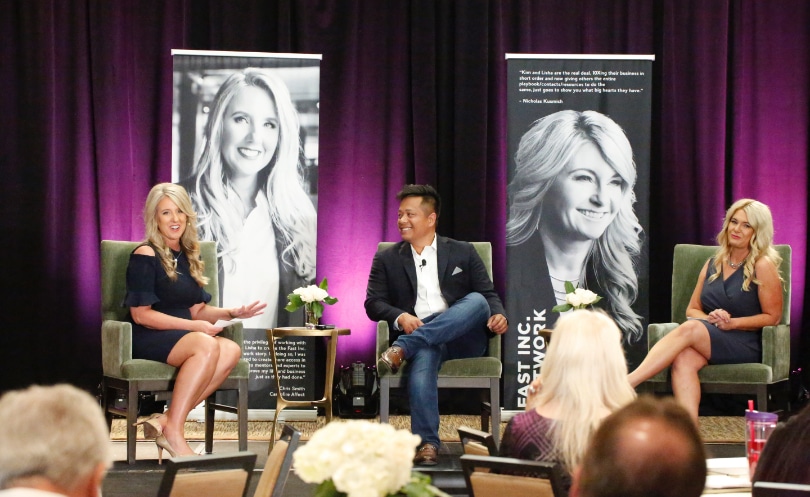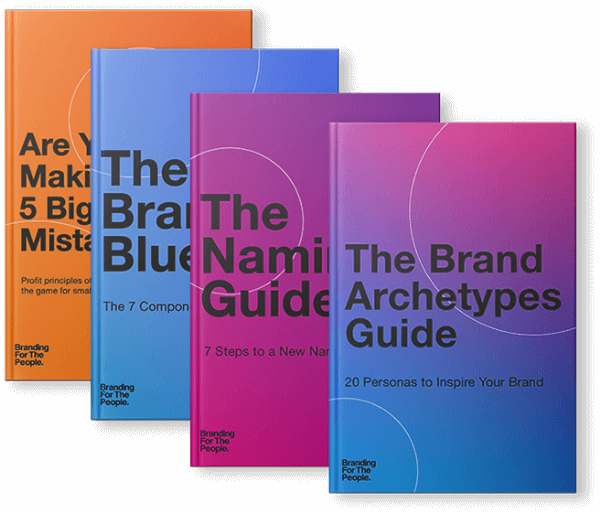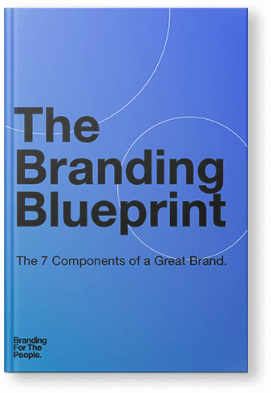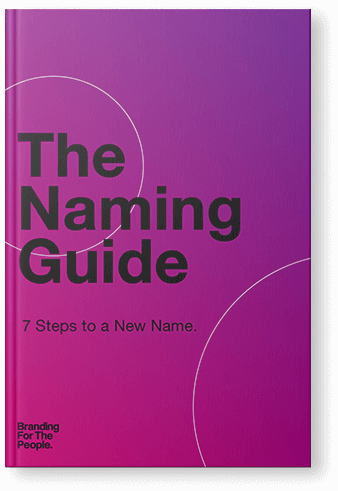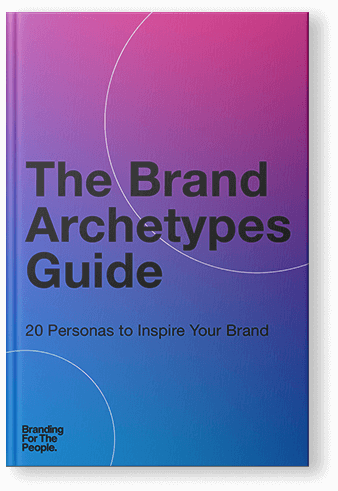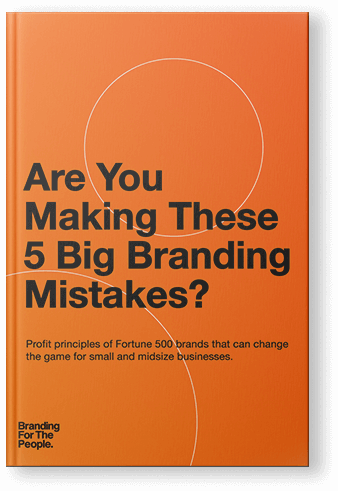I constantly hear from entrepreneurs that they want to “make a difference.” While the phrase may be overused, the idea is still very powerful. I’ve used the phrase before. Many of my clients and colleagues use the phrase.We probably all want to make a difference with other people. I know I certainly do.
However, furthering that thought, I wanted to take a deeper look at how can entrepreneurs truly “make a difference”? After careful look, I noticed common themes among some of the most successful entrepreneurs, professionals and leaders who are actually making a difference. People who are making THE difference. That is, they’re clear on who they are and what they stand for. And, they have a clear point-of-view.
Another way to articulate this: they’re clear on their brand.
In my view, to truly make a DIFFERENCE, you must BE DIFFERENT. And, branding helps you be different. To be clear, there’s no need to be different just for the sake of it. For example, you don’t have to dye your hair metallic blue and wear outlandish clothes at a formal business meeting. Rather, I’m referring to being uniquely you. I’m talking about building your brand based on what truly represents your unique self. When you do, then, by definition, you are different.
But, there’s a growing problem, as entrepreneurs make decisions around building their brands.
In the past couple of years, I have seen a bad habit among entrepreneurs, which I call “copy-and-paste” syndrome. It could be copying another person’s logo, website design, product sheets, tagline, or even marketing materials. Sometimes it’s a minor copy-and-paste (e.g., changing a few words here and there). However, in worst-case scenarios, it’s an outright copycat of someone else’s work.
Why is this relevant?
I believe HOW you show up, directly impacts WHAT shows up in your business, and WHO shows up in your life. So, when someone copies another person’s work, what does that say about him or her? What does it say about his or her brand? Are you getting the real deal or are you getting some second-hand version of another person’s work When someone is a copycat, he is robbing himself of being unique. He’s viewed as another “me-too” brand. He runs the risk of people criticizing him for not being original or inauthentic. And, from a legal perspective, he needs to be prepared for getting a call or cease-and-desist letter from an attorney because of copyright or trademark infringement.
More importantly, the biggest detriment to copying someone else’s work is that it hurts your earning potential. And, your potential to make a big difference.
Here are three suggestions to be different:
- Aspire to be the person who gets “copied”. Lets face it, there will always be someone who chooses to take a shortcut and copy another person’s work. We can’t stop or control it. But, if you want to raise the bar or baseline standard of excellence, you can rise above it all and be the person who others aspire to copy.
- Do creative things to add more creativity in your life. When someone says they lack creativity, it really means they lack the ability to think for themselves, which I don’t think is true. Whether you subscribe to idea that you’re either a right-brain or left-brain thinker, I believe that everyone has the potential to tap into all aspects of their brain. They may just not know how to access it, but the potential it there. To help spur creative thinking, I encourage you to do more creative things. There are thousands of activities to participate in to build the muscle of creativity — and, they’re all right in front of you: movies, magazines, books, art galleries, music concerts, workshops, celebrities, shopping malls, stores, or even your local fitness clubs, yoga studios or spas.
- Look outside of your industry for inspiration. At times, it makes sense to look within your industry. You need to master how the industry works. You need to understand the rules of the game. However, looking outside of your industry is probably one of the best things you can do to be different. Look where no one else is looking. If you’re a business or marketing coach, look outside the coaching industry. If you’re a personal trainer, look outside the health and wellness industry. If you’re a speaker or author, look outside the speaking or publishing industry.
In short, if you truly want to make a difference, be different. And, it doesn’t take a lot to be different — you just need to be uniquely you and be willing to give yourself permission to say and do things different from what everyone else is doing.


